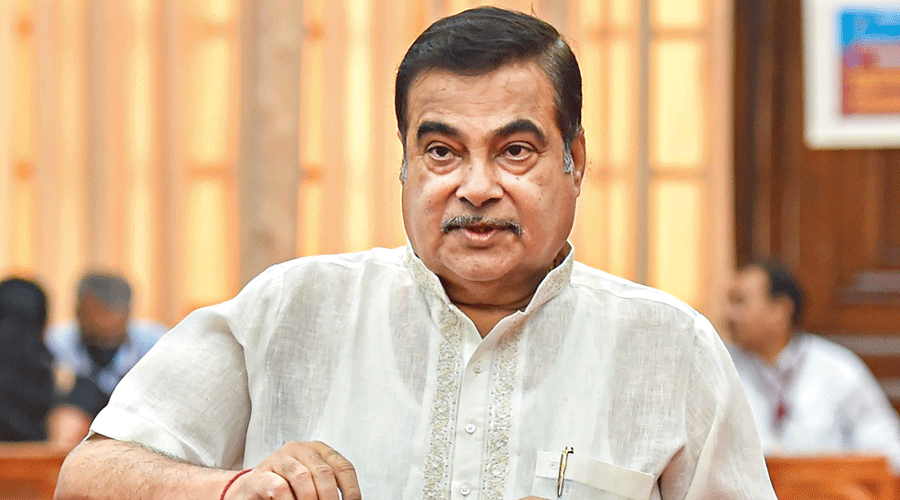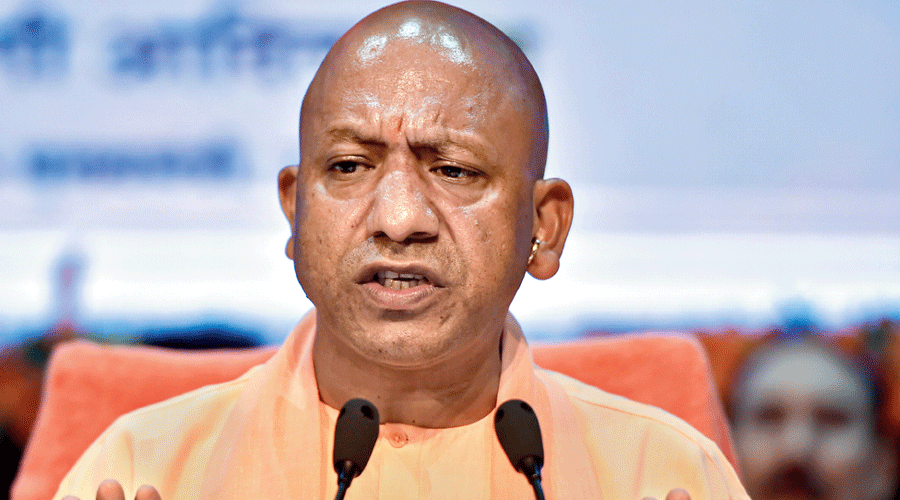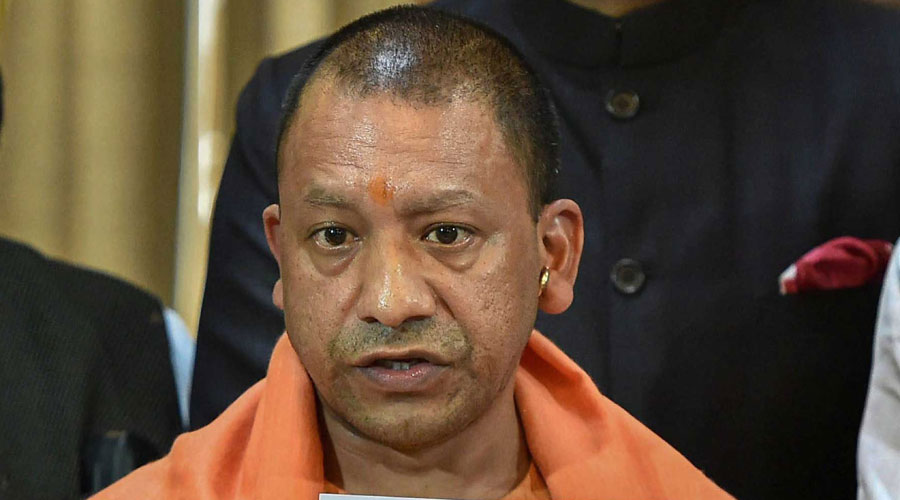Union transport minister Nitin Gadkari and Madhya Pradesh chief minister Shivraj Singh Chouhan were dropped from the BJP’s top decision-making body on Wednesday, reinforcing the dominance of Prime Minister Narendra Modi and home minister Amit Shah.
Among the six new faces are 77-year-old former Karnataka chief minister B.S. Yediyurappa, who had been pushed to the margins by the leadership, and Maharashtra deputy chief minister Devendra Fadnavis.
They were inducted into the 11-member parliamentary board.The 15-member central election committee of the party that selects poll candidates too has been revamped, and Fadnavis has found a place here, too. Party insiders said these memberships for Fadnavis were meant to offset his unhappiness at being denied the chief minister’s post in Maharashtra.
The failure of Uttar Pradesh chief minister Yogi Adityanath — the rising face of “bulldozer brand” Hindutva who recently led the party to a record second term in the heartland state — to get a place in the top body was another big message from the rejig.Adityanath, according to people close to him, was eyeing a berth in the top club as recognition of his rising prominence.
The backers of the monk in the party see him as a mass leader, second only to Modi.Giving prominence to Fadnavis over Adityanath could be a sign of uneasiness in sections of the top leadership over the monk’s emergence as a claimant for the top post in Delhi, party insiders said.

Nitin Gadkari.
More than Chouhan, the exclusion of Gadkari stood out, with the senior minister being perceived as having been punished for intermittently launching veiled attacks on the current leadership of the party and the government.The omission of Gadkari, widely seen as the best performing minister in the Modi government, came as a “shock” to many, as the BJP has traditionally kept former party chiefs in the decision-making process.Gadkari had steered the party from 2009 to 2013.
Defence minister Rajnath Singh and Shah, both former party presidents, were retained in the parliamentary board.Fadnavis’s entry into the top body, as a perceived replacement for Gadkari from Maharashtra, was another signal to the senior minister. Fadnavis is much junior to Gadkari and hails from the same Nagpur region.
Gadkari had recently lamented that politics today had become “100 per cent about capturing power” and said the thought of “quitting politics” did cross his mind these days.The remark had come against the backdrop of the BJP pulling down the Uddhav Thackeray government in Maharashtra.In the past, Gadkari had also termed Jawaharlal Nehru and Atal Bihari Vajpayee as “ideal leaders” of Indian democracy, despite being aware of the current party leadership’s deep dislike for Nehru.
“Gadkari’s days in the Modi government too seem numbered. He could be denied a ticket to contest the next Lok Sabha polls,” a party leader said.The decision to drop Chouhan is being seen as an indication of a process of gradually sidelining the four-term Madhya Pradesh chief minister.
Many in the party feel that Chouhan, a prominent face from the Atal-Advani era, may not be projected as the chief ministerial face in the Madhya Pradesh polls next year.The parliamentary board had five vacancies after the deaths of Arun Jaitley, Sushma Swaraj and Ananth Kumar, the elevation of Venkaiah Naidu as Vice-President and the appointment of Thawar Chand Gehlot as governor. The board decides on chief ministers, state party chiefs and other key party issues.
While the overall revamp of the top body reflects the top leadership’s push for a generational shift and an effort to edge out irritants like Gadkari, the inclusion of Yediyurappa suggests that electoral compulsions played a role.The Lingayat leader was forced to resign as chief minister last year to make way for a generational shift. The BJP has an unofficial retirement age of 75 from active politics.The current rush to give prominence to Yediyurappa suggests the party fears that without his backing it would be very difficult to win Karnataka, the only south Indian state controlled by the BJP, where elections are due next year.Party managers claimed the revamp was carried out to make the top decision-making body “socially and regionally more representative”, so that it reflected the BJP’s expansion outside the traditional northern and western regions.Union minister and former Assam chief minister Sarbananda Sonowal was among the six new inductees, representing the Northeast.
Former IPS officer Iqbal Singh Lalpura is the first Sikh on the parliamentary board.BJP national OBC Morcha chief K. Lakshman from Telangana has been included to boost the BJP’s expansion in the southern state.












